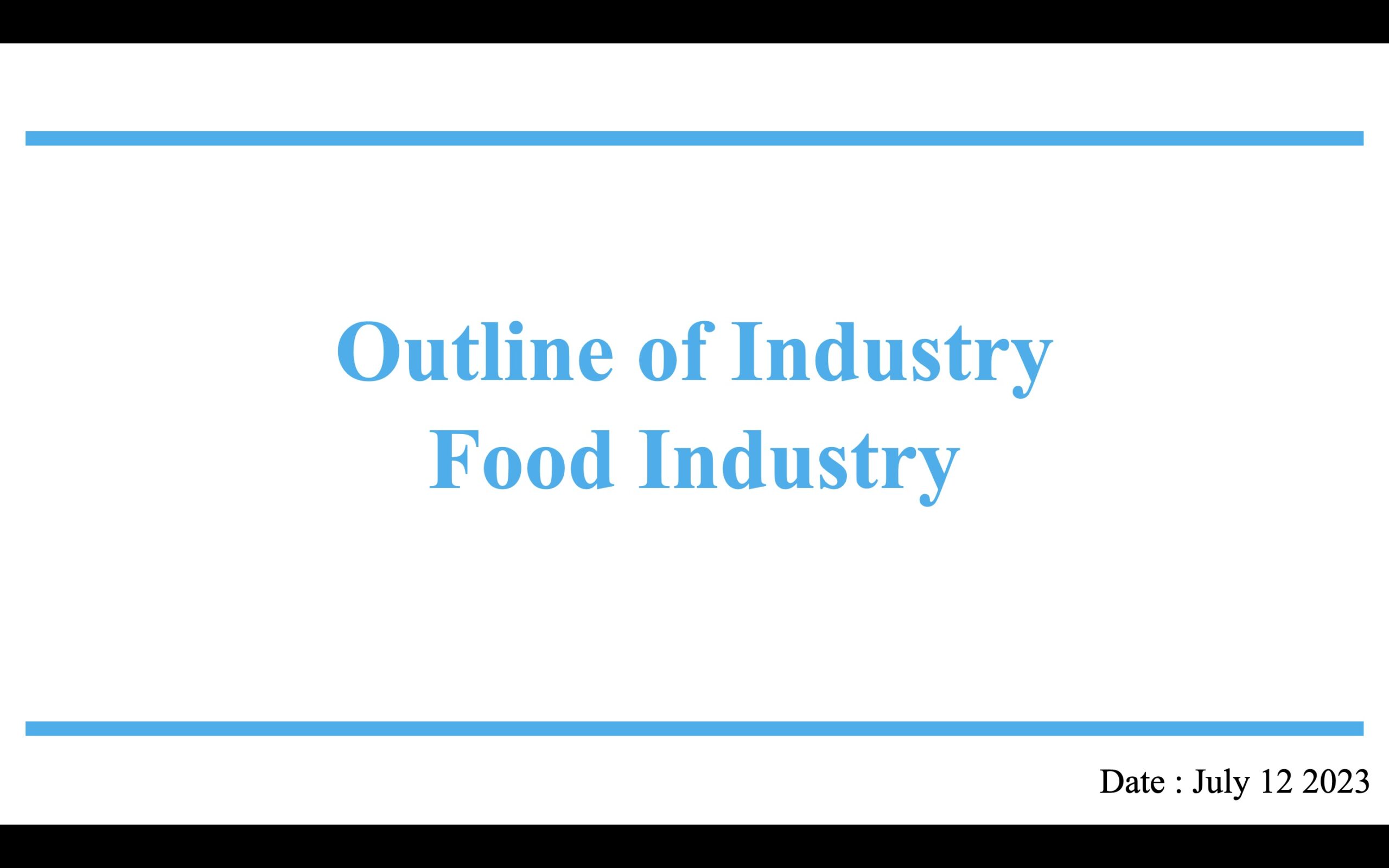The food industry is one of the largest and most vital industries in the world, as it plays a crucial role in feeding the global population and supporting economic growth. It encompasses all aspects of food production, processing, packaging, distribution, and sale, and includes a wide range of players, from small family-owned businesses to multinational corporations.
The industry is constantly evolving and adapting to meet changing consumer demands, technological advancements, and economic trends. In recent years, there has been a growing emphasis on healthier and more sustainable food options, as well as an increased interest in plant-based and alternative protein sources.
One major trend in the food industry is the growth of organic and natural food products. Consumers are becoming increasingly aware of the potential health and environmental benefits of these products, and as a result, demand for organic and natural foods has risen. This trend has driven many food companies to invest in organic and natural products, and has led to the creation of new and innovative food products.
Another trend in the food industry is the rise of plant-based and alternative protein products. As more people adopt vegan and vegetarian diets, there has been a growing demand for plant-based meat alternatives, such as tofu, tempeh, and seitan. This trend has created new opportunities for food companies to develop and market alternative protein products, and has also led to increased innovation in food technology and processing methods.
The food industry is also being shaped by advances in technology, such as precision agriculture, which uses sensors and data analysis to optimize crop yields and reduce waste. The use of robotics and automation in food processing and packaging has also increased efficiency and reduced labor costs, while also improving food safety and quality. Additionally, the development of new food packaging materials, such as biodegradable and compostable options, has made it easier for food companies to meet the growing demand for more sustainable packaging.
Despite these positive trends, the food industry also faces many challenges. One of the biggest challenges is the issue of food waste, which has a significant impact on the environment and the global economy. According to the Food and Agriculture Organization of the United Nations (FAO), approximately one-third of all food produced globally is wasted, contributing to greenhouse gas emissions, water and land use, and economic losses.
Another challenge facing the food industry is the issue of food safety. With global food supply chains becoming more complex and widespread, there is an increased risk of foodborne illness, contamination, and fraud. This has led to greater scrutiny of food safety practices and regulations, and has made it more important for food companies to prioritize food safety and quality in their operations.
Finally, the food industry is also being impacted by changing economic conditions, including fluctuations in commodity prices and trade policies. For example, changes in trade policies can have a significant impact on the prices and availability of food products, affecting both food producers and consumers.
In conclusion, the food industry is a vital and constantly evolving industry that plays a critical role in feeding the global population. From the growth of organic and natural foods, to the rise of plant-based and alternative protein products, to the impact of technology and changing economic conditions, the food industry is facing many challenges and opportunities. However, by prioritizing sustainability, food safety, and innovation, the food industry can continue to thrive and play a key role in supporting economic growth and feeding the world.



Comment